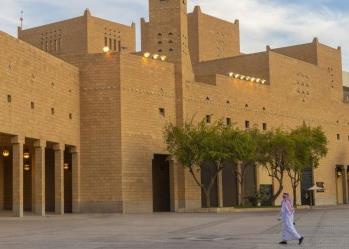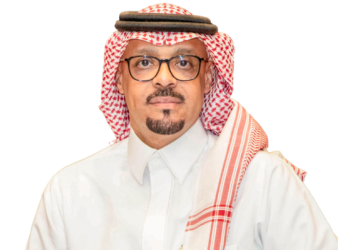
Hill International has a reputation for quickly reacting to changing market conditions. In the Middle East, this means focusing on large-scale affordable housing schemes
In June, the US’ Hill International stunned the New York Stock Exchange when it announced it had won contracts worth $1.5bn to provide project management and construction services for a South Korean developer on a $35bn affordable housing development in Iraq.
We will be building houses in more countries that need significant numbers of new homes
Irvin Richter, Hill International
The New Jersey-based project management firm has a reputation for leading the market. In 2003, it was appointed to build the first villas on the Palm Jumeirah – the project that quickly proved to be the catalyst for the UAE’s construction boom.
Housing projects in Iraq
The contract in Iraq marks another step change for the region’s construction market and again, Hill is leading the way. Since the collapse of property prices in Dubai, the governments have diverted their attention away from private-sector real-estate developments to focus firmly on large-scale housing projects that their people can afford to live in.
“The earlier projects we worked on were development projects for private firms,” says Irvin Richter, chairman and chief executive officer, Hill International. “We worked on developments like the Palm Jumeirah where we delivered 13,000 villas, but there has now been a shift in the Middle East to infrastructure and housing.”
The shift is part of a broader global trend to build affordable houses for people in need, rather than speculative real-estate developments aimed at investors.
“There has been a tremendous response following the signing of this contract [in Iraq]. I expect we will be building houses in more countries that need significant numbers of new homes, Angola, Dominican Republic, Haiti, Gabon, Ghana, Tanzania, Georgia, all of these countries need housing, even the US and Japan need housing,” says Richter. “When it comes to talking about building a large number of houses at once at a cost-effective rate, we are one of the leading companies in the world.”
In the Middle East, the market with the most potential is Saudi Arabia. In March, King Abdullah bin Abdulaziz al-Saud pledged to spend $67bn on new homes in the coming five years.
“Discussions are ongoing,” says Richter. “We are looking at a different kind of home [when compared with Iraq]. Larger homes of 300-400 square metres. They are exploring a lot of options right now. It’s a great opportunity for us and construction in general.”
Although the current political unrest across the Middle East has forced many regional projects to stall, the democratisation process could mean even more housing projects are developed in the long term. “We are seeing a great move towards democracy, and with more democracy you will see a stronger middle-class, and to get a middle-class you need housing. And housing is good for us, because to build houses you need project management,” he says.
For now, Hill will be busy working in Iraq on its contract with South Korea’s Trac Development Group. It will deliver the construction of 100,000 houses and related infrastructure over the next three years. Work on the project is expected to begin in the fourth quarter of 2011, after financing and governmental approval has been finalised – something Hill has helped bring together.
“Having a US firm working on the project gives access to Exim Bank [Export-Import Bank of the US] financing. For this project, Exim will finance 85 per cent of the US part of the work, which includes goods and services. So it is a significant part of the total project cost,” says Richter.
The rest of the funding comes from the Iraqi government, local buyers and South Korean banks. Access to US financing is not the only selling point Hill can offer in Iraq. Richter says Hill’s position as the world’s largest pure project management firm combined with on-the-ground experience in Iraq helped it secure the work it has won so far.
“We are the largest pure project management firm in the world. We only do project management. We don’t do any construction or engineering, so we don’t interfere with any of the [clients’] other businesses or relationships,” he says. “We have significant experience in Iraq. We have been there for seven years almost and essentially managed the construction of $12bn through our Stanley-Baker-Hill joint venture, which was the project manager for the [US Army] Corps of Engineers.”
Big opportunities in infrastructure
Hill plans to build on its success in Iraq, where hundreds of thousands of new homes will need to be built in the coming decades.
The other big opportunity in Iraq is the infrastructure to support the planned housing projects. “With 500,000 homes, the Iraqi government calculates that with six people to each home, the development will have 3 million people. That is a big city,” says Richter. “We are in talks not just to manage, but to develop those projects. I’ve had talks about power plants, water treatment plants for the Iraqi government, which wants to stretch its money as far as it can go.”
You might also like...

Amiral cogen eyes financial close
26 April 2024

Lunate acquires 40% stake in Adnoc Oil Pipelines
26 April 2024

Saudi Arabia's Rawabi Holding raises SR1.2bn in sukuk
26 April 2024

Iraq oil project reaches 70% completion
26 April 2024
A MEED Subscription...
Subscribe or upgrade your current MEED.com package to support your strategic planning with the MENA region’s best source of business information. Proceed to our online shop below to find out more about the features in each package.








